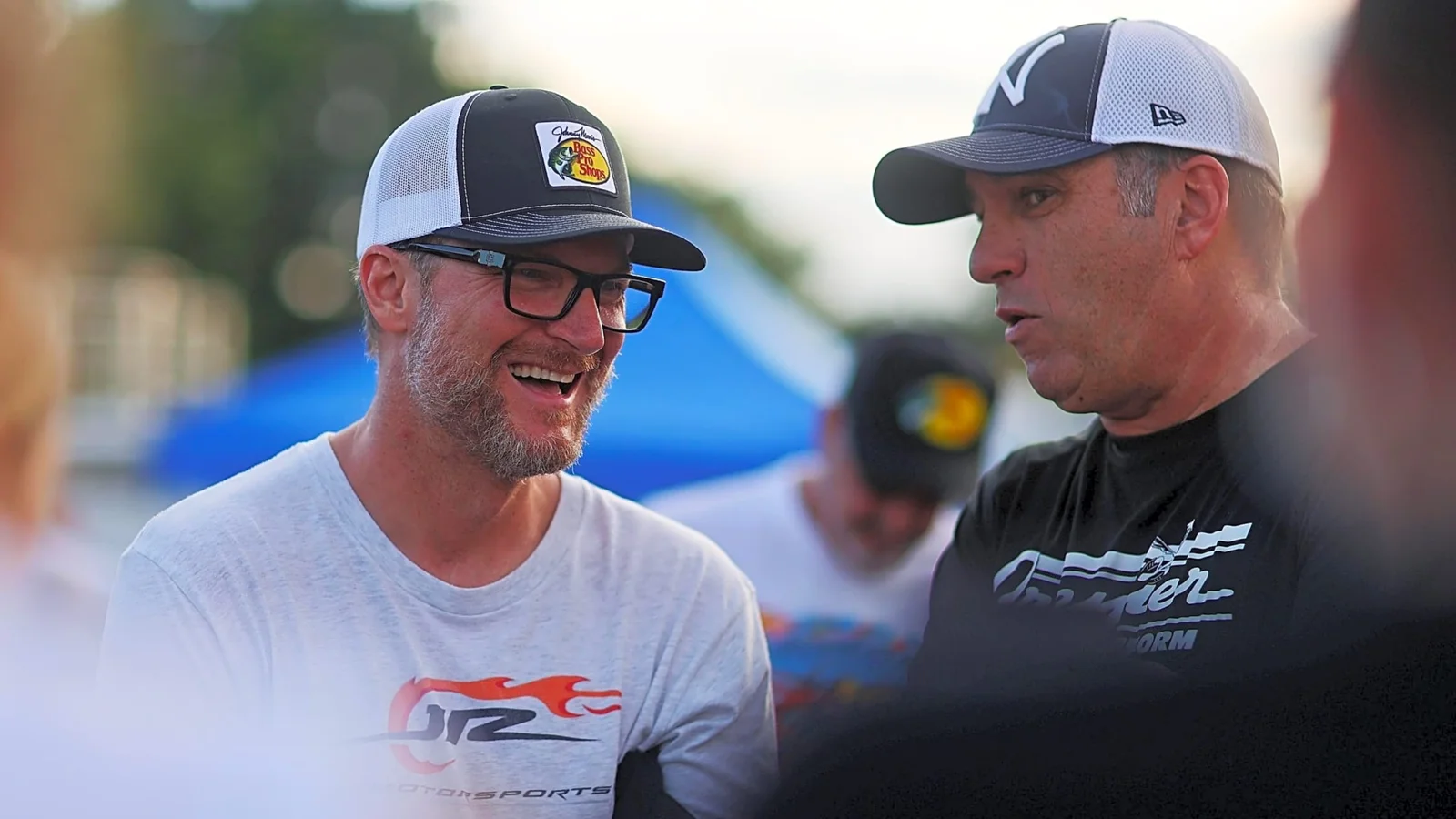Amid the ongoing Dale Earnhardt Jr media controversy, NASCAR’s managing director of racing communications, Mike Forde, has directly criticized Dirty Mo Media for allegedly prioritizing sensationalism to boost engagement. Forde’s remarks, which surfaced during a recent motorsport podcast, have intensified debates over ethical storytelling and responsible promotion in the rapidly evolving digital landscape of NASCAR coverage.
Forde’s Criticism of Dirty Mo Media’s Promotional Approach
During a recent ‘Door Bumper Clear’ podcast episode, Mike Forde, a veteran of NASCAR communications, expressed concern about the tactics used by Dirty Mo Media, the production brand established by Dale Earnhardt Jr. Forde asserted that Dirty Mo Media relies heavily on contentious content to attract attention and drive social media traction, raising questions about how motorsports are discussed online.
He openly challenged the ethics of packaging discussions into short, provocative clips, a method he suggested risks overshadowing nuanced conversations. Forde’s comments indicated unease about the potential for these tactics to reshape the storylines coming out of NASCAR events for the sake of social buzz and internet engagement.
“Sometimes Dirty Mo trades on negativity to get engagement,”
Mike Forde, NASCAR Managing Director of Racing Communications, stated bluntly. His remarks sparked immediate conversation within the NASCAR community, as such internal critiques are rare.
He further explained the root of his frustration was about content packaging rather than the content itself. Forde believes that editing lengthy, balanced discussions into shorter, attention-seeking moments for social platforms inadvertently replaces thoughtful commentary with drama, causing fans to focus more on controversy than substance.
The communications executive has even had on-air discussions with Mike Davis, President and Executive Producer of Dirty Mo, highlighting these ethical dilemmas. Forde’s exchanges with Davis have brought these issues into the open, with both sides debating the merits and consequences of attention-driven content.
“He (Davis) argues with me on that one and I’ll argue back and then we land in a good place. Like we, it was, it didn’t get, I wouldn’t say he got heated, but Amanda (co-host) was like, ‘All right, let’s change this up.’ He’s like, ‘This is not arguing.’ I’m like, ‘Yeah, this is just sport,’”
said Mike Forde, sharing a glimpse into the tone and context of their exchanges on the subject.
The Influence and Scrutiny Surrounding Dirty Mo Media
Since its founding by Dale Earnhardt Jr. in 2013, Dirty Mo Media has emerged as a dominant independent voice within the NASCAR community. With popular shows like ‘The Dale Jr. Download’ and ‘Actions Detrimental with Denny Hamlin,’ the platform has helped bridge the gap between drivers, insiders, and the new generation of racing fans who engage primarily through digital media.
Dirty Mo Media has received praise for making NASCAR personalities more accessible and relatable. However, Forde’s critique points to the growing scrutiny that accompanies such influence. The brand’s strategy of using short clips to create online buzz sometimes leads to the amplification of controversies, fueling debates not just among fans but also within the sport’s official circles.
As key figures like Dale Earnhardt Jr., Mike Davis, and Denny Hamlin continue to shape NASCAR culture through their media presence, the discussion over balancing open communication with responsible, nuanced storytelling remains intense. The debate raised by Forde underscores the ongoing clash between driving online engagement and preserving the integrity of motorsport narratives.
With NASCAR’s expanding digital footprint and fans consuming content in new ways, the methods used by Dirty Mo Media and its impact on public discourse are likely to be the subject of continued conversation among insiders, executives, and fans alike.

